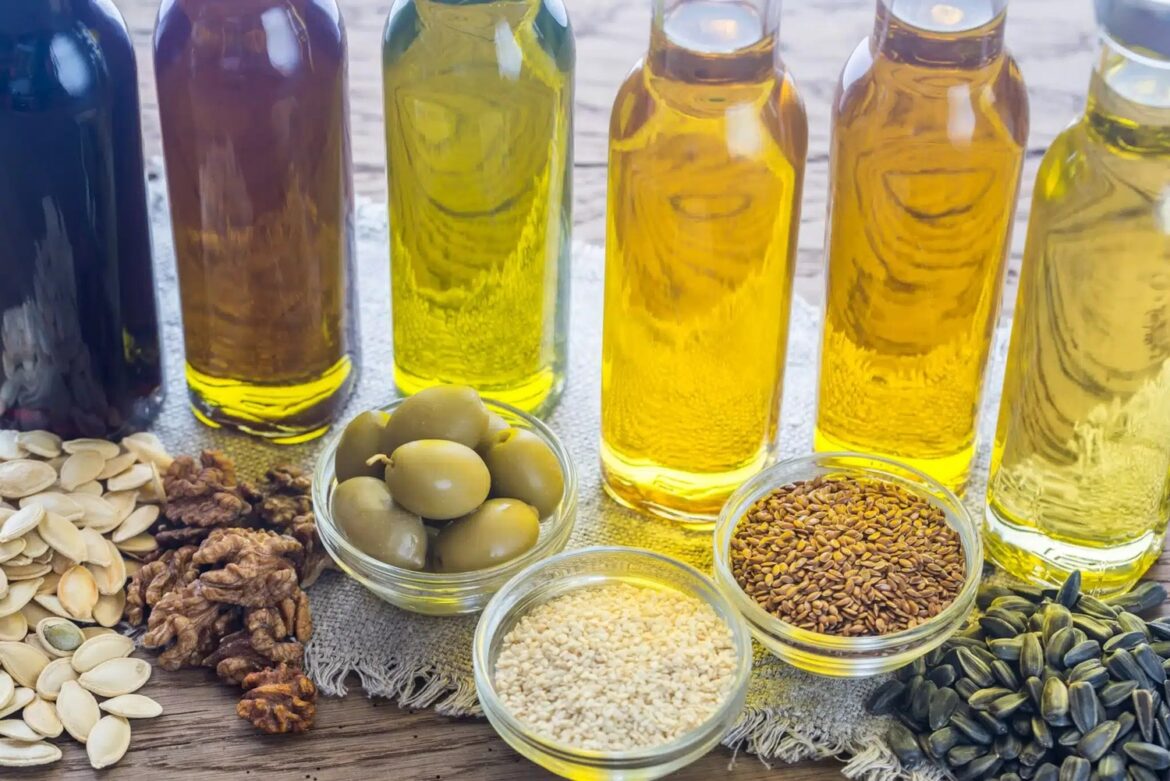Table of Contents
Are Seed Oils Good or Bad for Your Health?
Introduction

Are Seed Oils Good or Bad for Your Health?
What Are Seed Oils?
Seed oils are vegetable oils extracted from seeds, widely used in cooking, baking, and processed food production. Here are some common types:
- Canola Oil: Made from rapeseeds, often used in frying and baking.
- Sunflower Oil: Extracted from sunflower seeds, popular in salad dressings and snacks.
- Soybean Oil: Derived from soybeans, prevalent in processed foods.
- Corn Oil: Made from corn kernels, frequently used in frying.
- Cottonseed Oil: Found in packaged snacks and margarine.
- Grapeseed Oil: Used in dressings and marinades, sourced from grape seeds.
- Safflower Oil: Preferred for high-heat cooking and salads.
- Rice Bran Oil: Popular for frying due to its high smoke point.
Controversies Surrounding Seed Oils
1. High Omega-6 Fatty Acid Content
Seed oils are rich in omega-6 fatty acids, which may contribute to inflammation if consumed excessively. An imbalanced omega-6 to omega-3 ratio is linked to conditions like heart disease and arthritis.
2. Oxidation and Free Radicals
High-heat processing of seed oils can lead to oxidation, forming free radicals that may damage cells and promote chronic illnesses.
3. Additives and Contaminants
Refining, bleaching, and deodorizing processes may introduce harmful chemicals or reduce nutritional value.
4. Correlation with Chronic Diseases
Some studies suggest a link between high seed oil consumption and chronic diseases like obesity, diabetes, and cardiovascular issues, although conclusive evidence is still needed.
Potential Benefits of Seed Oils
1. Rich in Unsaturated Fats
Seed oils like sunflower and canola oil contain heart-healthy unsaturated fats, which may lower LDL cholesterol levels and improve cardiovascular health.
2. Vitamin E Content
Oils like sunflower and grapeseed are excellent sources of vitamin E, supporting skin health and protecting cells from oxidative damage.
3. Neutral Flavor and Versatility
Their mild taste and high smoke points make them ideal for various cooking methods.
Seed Oils to Avoid
Consider avoiding or limiting the following due to their high omega-6 content or heavy processing:
- Soybean Oil: Found in ultra-processed foods, high in omega-6 fatty acids.
- Corn Oil: Often genetically modified and linked to inflammation.
- Cottonseed Oil: Contains natural toxins and is heavily processed.
- Grapeseed Oil: While rich in vitamin E, it’s high in omega-6 and heavily refined.
Healthy Alternatives to Seed Oils
1. Olive Oil
Rich in monounsaturated fats and antioxidants, olive oil is excellent for salads and low-heat cooking. Learn more about olive oil’s benefits.
2. Avocado Oil
High in healthy fats and suitable for high-heat cooking.
3. Coconut Oil
Contains medium-chain triglycerides, offering stability for cooking.
4. Butter and Ghee
Natural sources of saturated fats that are minimally processed.
Final Thoughts
Are seed oils good or bad? The answer isn’t black and white. While they offer certain benefits, their potential risks, such as high omega-6 content, warrant moderation. Replacing heavily processed seed oils with whole, minimally processed options like olive or avocado oil is a smart dietary choice.
For further reading, explore these resources on heart health and healthy cooking oils.
